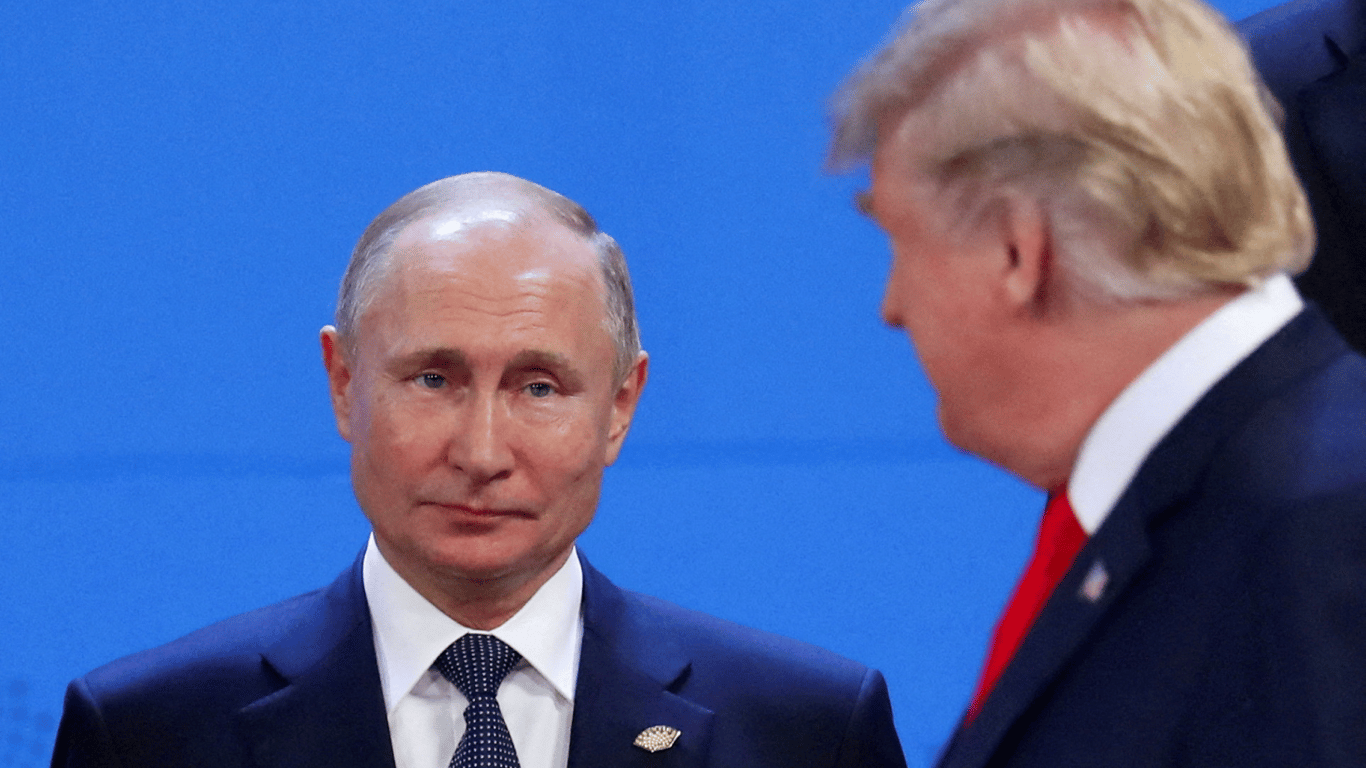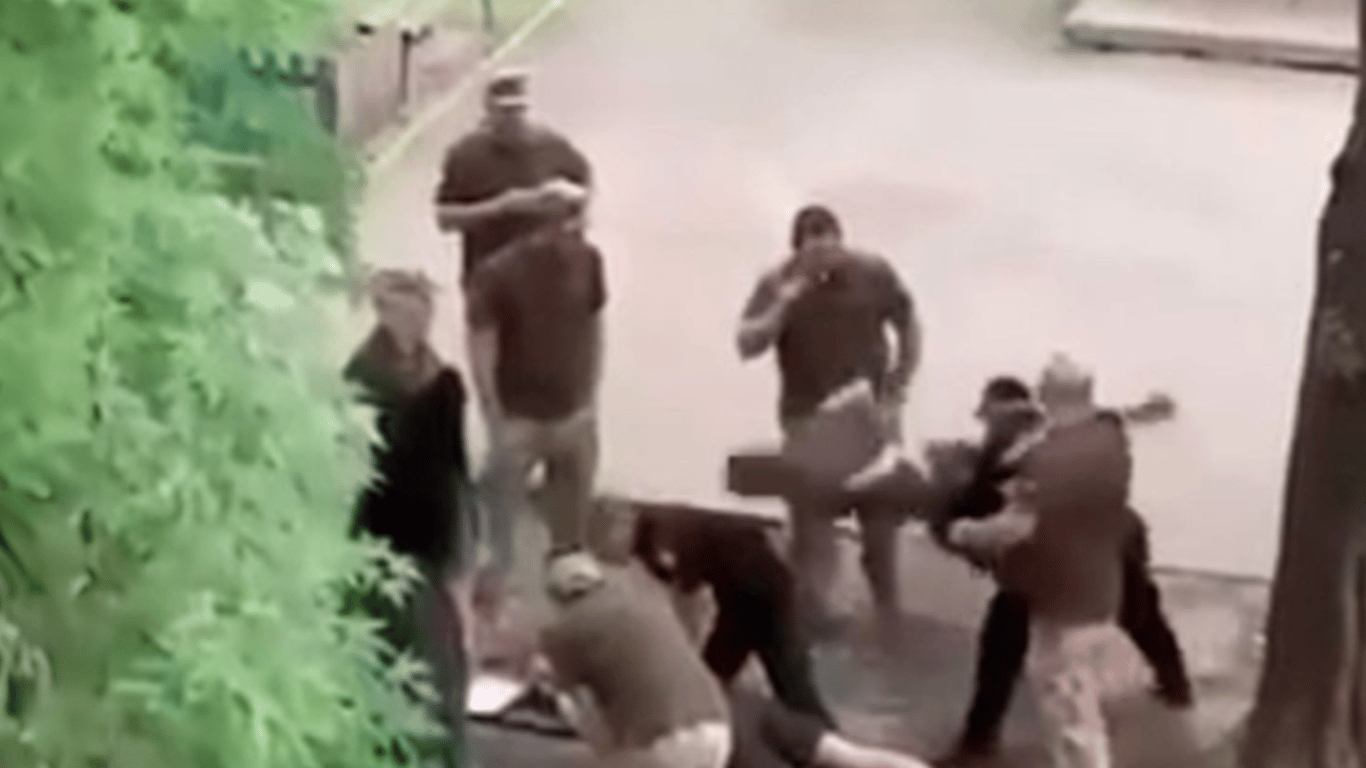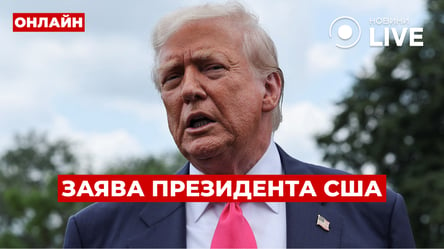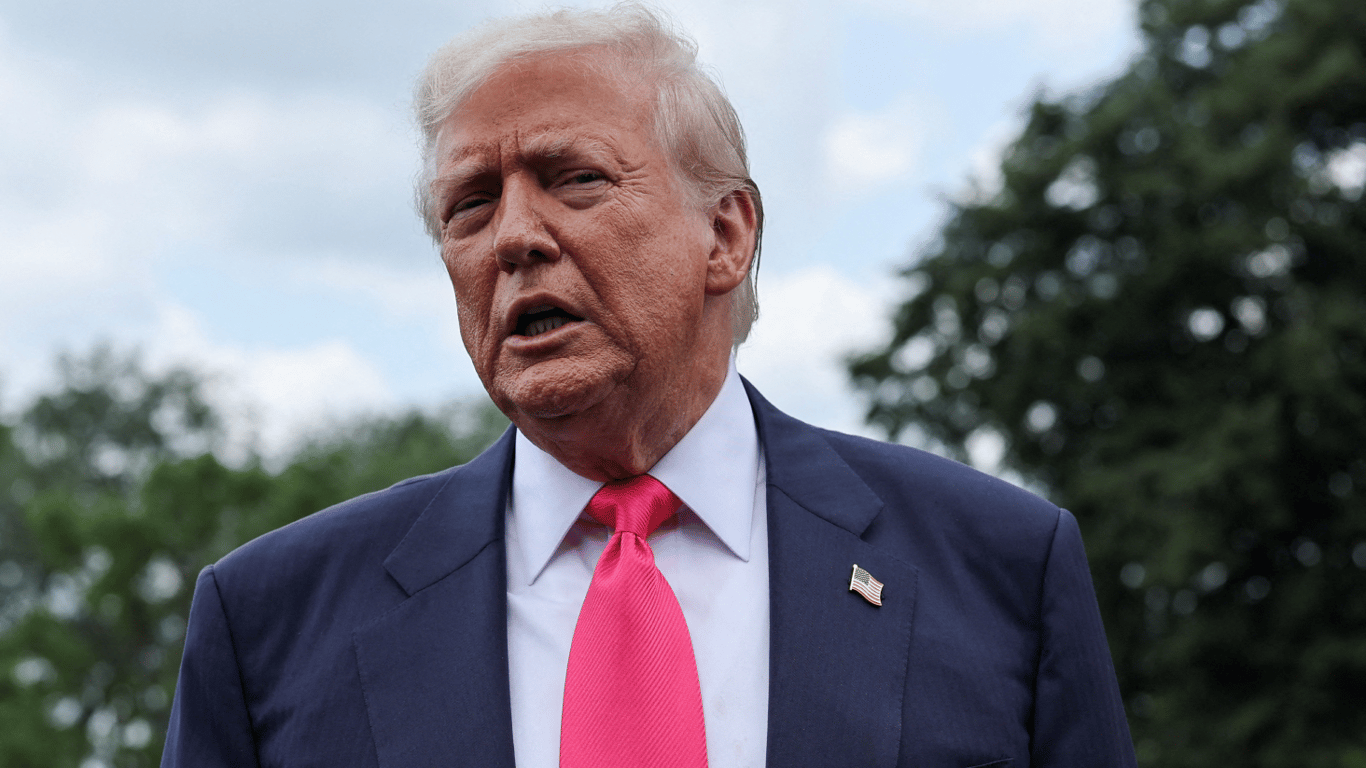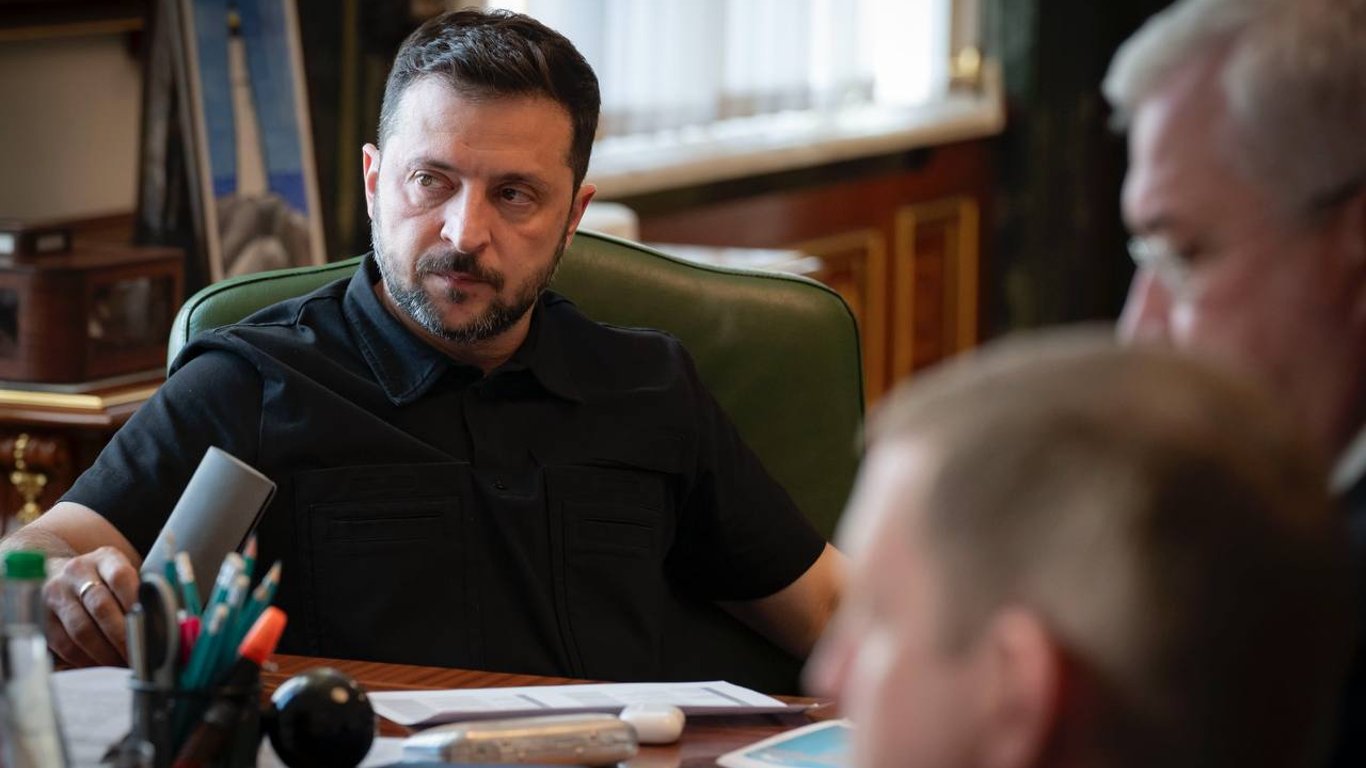Trump's actions are becoming increasingly similar to Putin's behavior - Media.

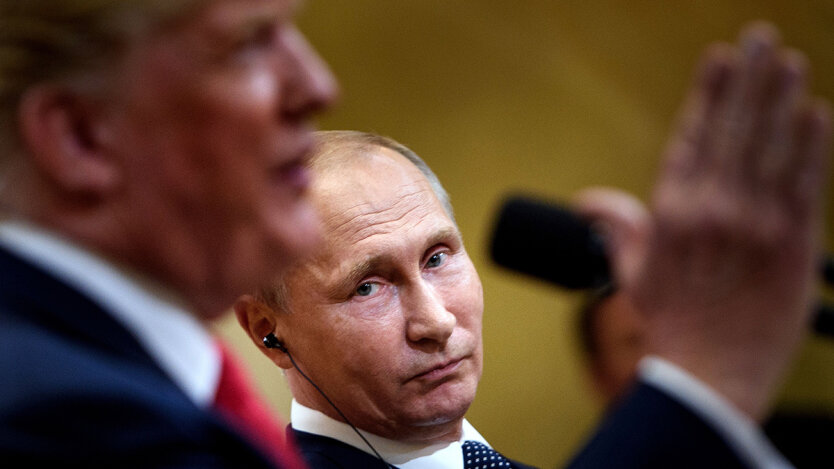
Donald Trump refused to rule out the possibility of using force to seize Greenland from Denmark or the Panama Canal from Panama. The very idea that America would demand or go to war with a close NATO ally to illegally change its sovereign borders seems ridiculous. That's probably how it is.
But such threats also sound familiar. As the newly elected president and some members of his team prepare to work in the White House, they are increasingly talking and acting more like Vladimir Putin's Russia every day, says Mark Champion, a columnist for Bloomberg Opinion, as reported by ZN.UA.
So what if Trump is really planning to rule this way during his second term? After all, he has repeatedly expressed admiration for Putin.
A vivid echo of recent Kremlin behavior is that Trump has talked about joining not only Greenland and the Panama Canal to the USA but also Canada. He has also mentioned renaming the Gulf of Mexico to the American Gulf.
Characteristics of Putinsim
The columnist argues that putinism has at least three defining characteristics.
The first is a profound contempt for democratic constraints, facts, and social liberalism in favor of personal oligarchy and manipulation. The result has been a Russian political economy in which Putin distributes power, truth, and wealth as if they are his personal possessions.
The second characteristic is a mafia-like mindset in which all relationships are viewed in terms of loyalty or ownership - whether inside Russia or with other countries. Friendship and trust may be words that Putin uses to describe these ties, but they are invariably either transactional or coercive.
The final component of this scheme of putinism is the belief that after a brief 30-40 year distraction, the world is returning to its natural Darwinian order. Here, great powers dominate the regions around them as spheres of influence or, preferably, possessions. Weaker neighbors either succumb or face punishment.
Trump and Putin are very different personalities with irreconcilably different backgrounds, but despite all this, their worldviews have much in common.
'Trump also has a contempt for democratic constraints to such an extent that in 2020 he attempted to overturn the election results to stay in power. Like Putin, he is a nationalist who sees liberals and multilateral institutions - whether in the USA, Europe, or elsewhere - as an enemy,' adds Champion.
But above all, Trump seems to share Putin's view that the international order led by the USA, which emerged after the Cold War, has passed into history. As a new one is being built, every major power must assert itself in its 'near abroad', using the Russian term, as best as possible.
For Putin, this means demanding and, if necessary, coercing compliance from countries like Armenia, Belarus, Georgia, Moldova, and Ukraine. For Trump, it seems so far to mean coercing Canada, Greenland, Mexico, and Panama.
'It is clear that Trump, like Putin, has a nose for the weaknesses of those sitting with him at the negotiating table. And compared to the USA, Canada, Europe, and Panama are weak,' believes the columnist.
Read also
- Trump reacted to media publications about his permission to strike Moscow
- Trump wants to rename soccer to football - why is this needed
- Trump 'took' the trophy from Chelsea for winning the Club World Cup
